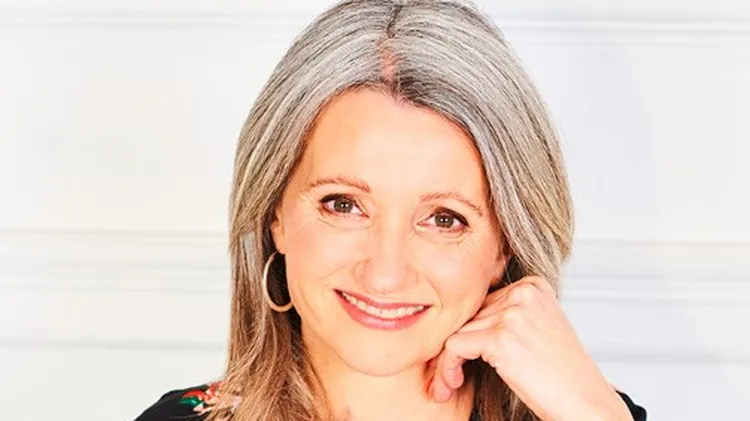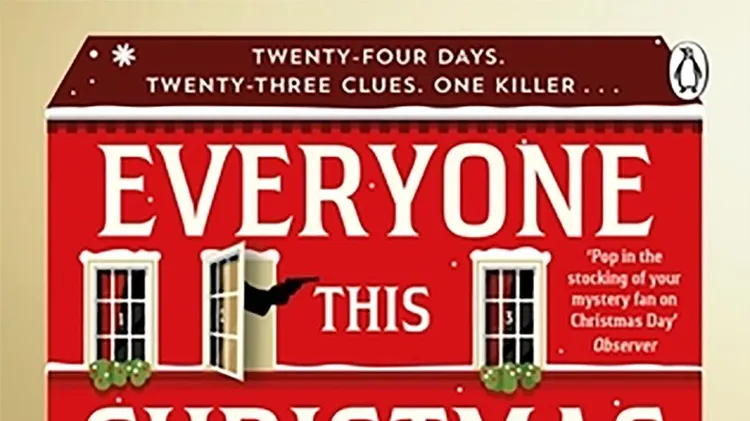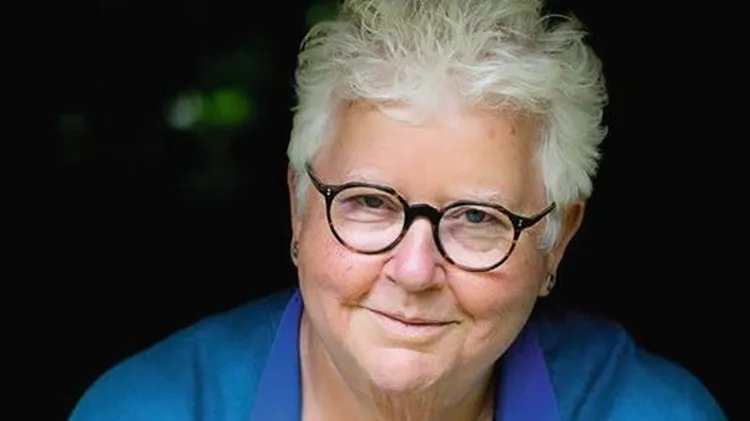The trope of the missing women in crime fiction takes on an altogether diffe
The missing woman
7 min read
This article is from...
Read this article and 8000+ more magazines and newspapers on Readly






